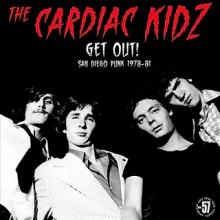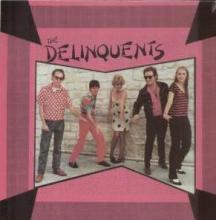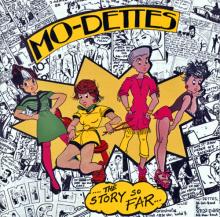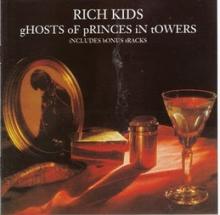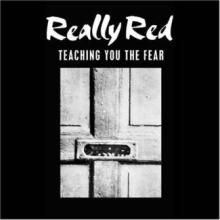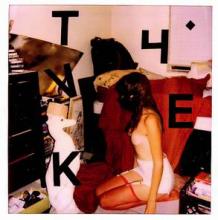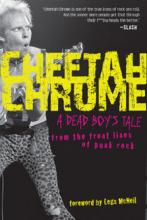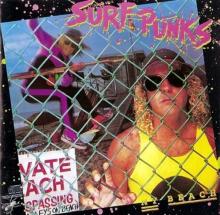Cardiac Kidz: San Diego only Stinks Sometimes
The rash of auld tyme punk acts finding their fortunes anew after a reissue really hasn’t turned up too many bands that are utterly indispensible and anthemic. That might be a bit hyperbolic for the Cardiac Kidz, but despite that mustache and the ‘z,’ these Californians were able to suss out a proper intersection where punk, pop and snot meet in a weird harmony not found in too many places. It’s here on Get Out, though.
Being included on a few tossed off Killed By Death compilations, the Cardiac Kidz earned this cd reissue casting the band as lost pop stars. Again, that mustache helps. But what’s a bit odd – and we’ll get to the almalgam of sounds here in a minute – is the fact that the Cleveland Browns’ used the nickname Cardiac Kids during the eighties. Obviously, no real connection exists. But it’s a funny coincidence seeing as Bob Golic probably wasn’t into punk too much.
Whatever. He shoulda been.
Making the Kidz more than they would have been otherwise, though, are tracks like “Paper Towel” with its jerking rhythms and odd guitar tone. The band definitely works into something of a downbeat ska for a moment accompanied by a fuzzy guitar solo. But what makes the track so enticing, apart from its pop credentials, is the light and airy feel to it all.
Earlier on the band’s compilation “Punkette” uses some of the same rhythms, but picks up the tempo to the point where it just comes off as a straight punk song – granted, one with a strong basser playing. But still.
Relative clunkers like “Future Shock” even sport a bit of value with its straight laced punk timing and chorus. There’s not a true bummer in the lot. And even while there’s still kind of a reason as to why these folks didn’t make waves in the first place, the Cardiac Kidz probably surpass most of your own hometown heroes from the late seventies and early eighties.
